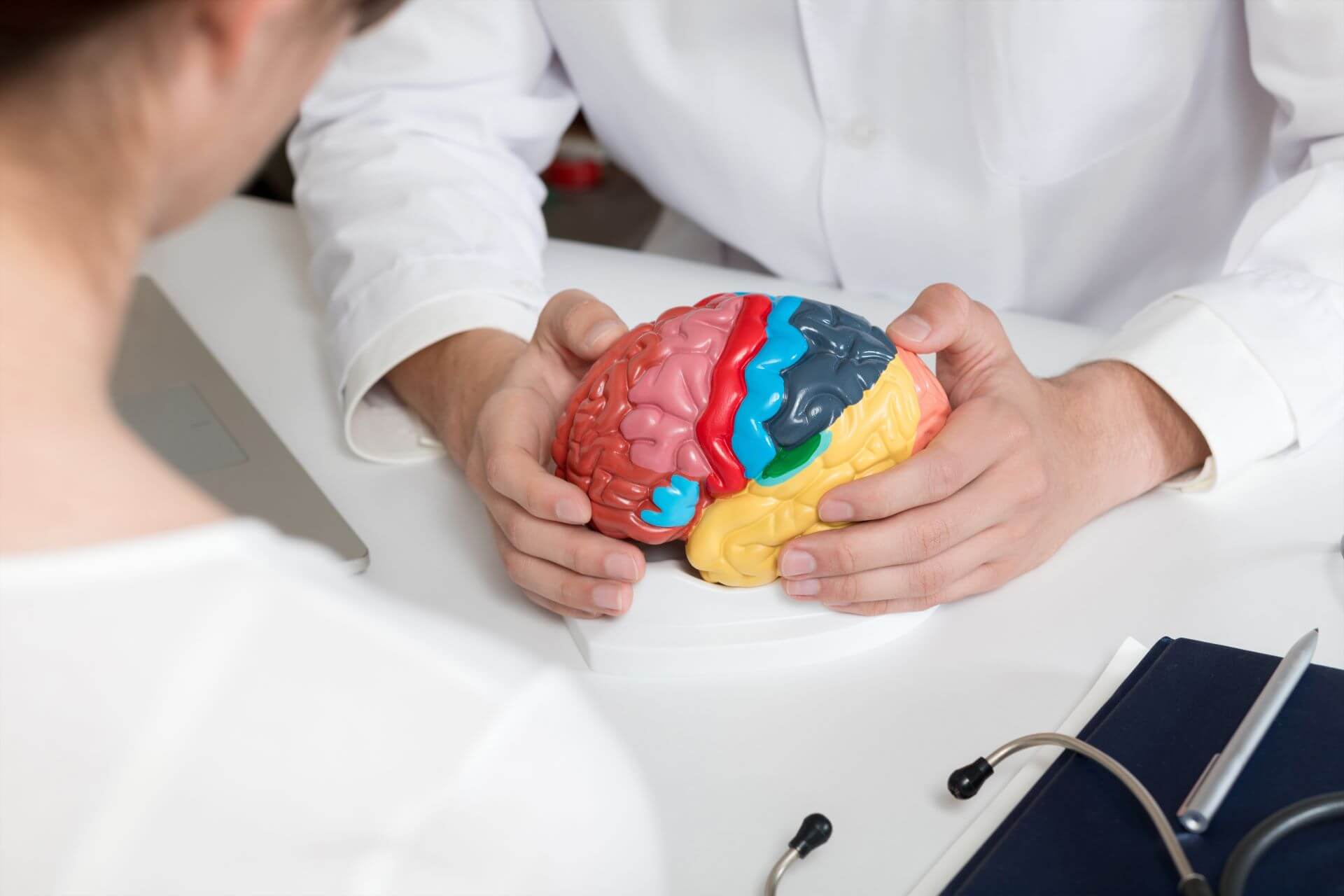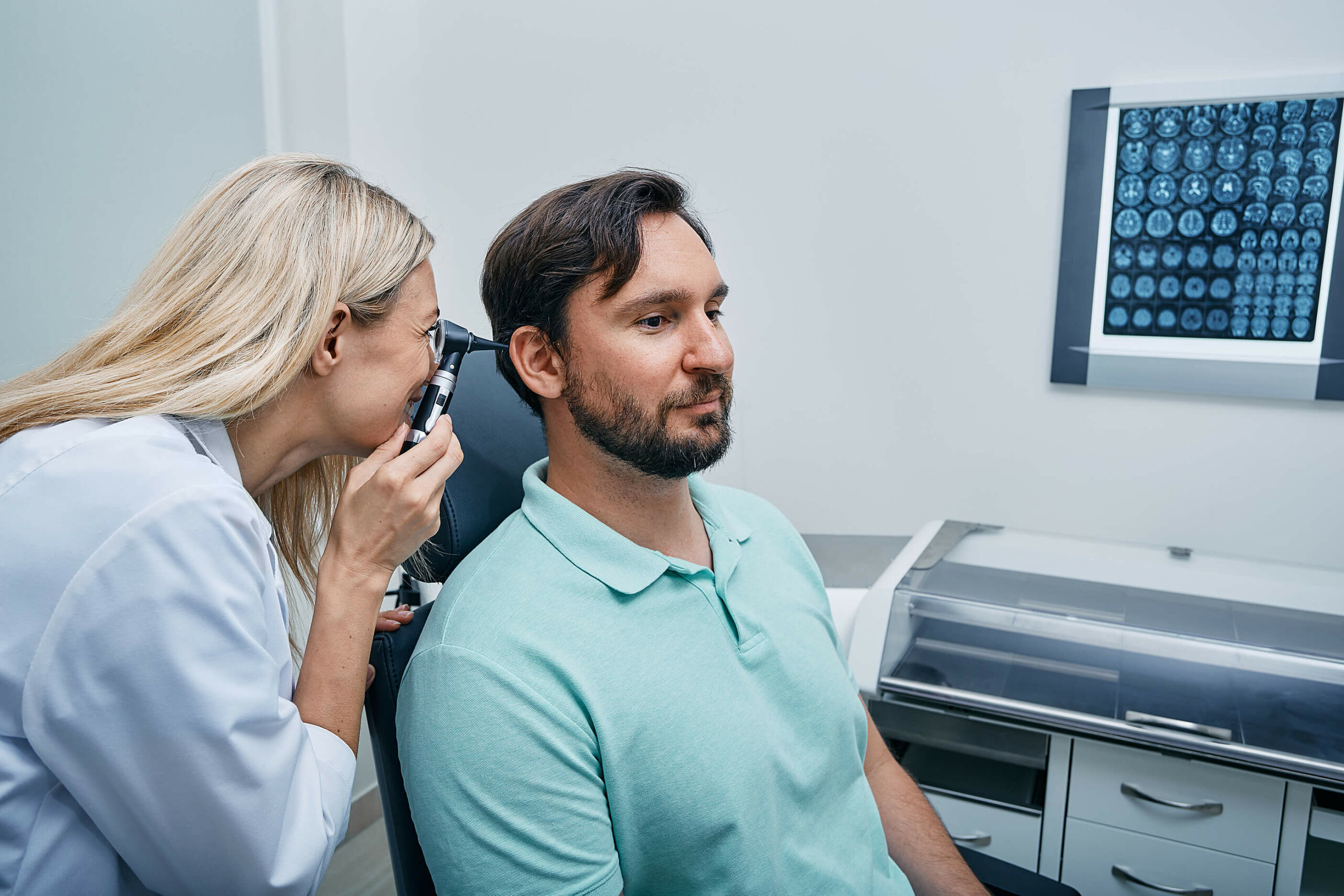Hearing Loss and its Relationship to Dementia
Hearing Loss and Dimentia
Welcome to our informative page on the intriguing connection between hearing loss and dementia. Our dedicated Hearing Aid Instrument Specialists are here to shed light on this important topic, providing you with valuable insights and knowledge that can contribute to your overall well-being.
Get in Touch
Understanding the Link
Hearing loss and dementia may seem unrelated at first glance, but recent research has highlighted a compelling connection between these two conditions. Numerous studies suggest that untreated hearing loss could potentially increase the risk of cognitive decline and dementia. While the exact mechanisms behind this link are still being explored, there are several compelling theories:

- Cognitive Load: Struggling to hear and understand speech due to hearing loss places additional cognitive load on the brain. This constant effort to decipher conversations can divert cognitive resources from other important functions, potentially contributing to cognitive decline over time.
- Social Isolation: Untreated hearing loss can lead to social isolation and withdrawal from social activities. This lack of engagement and interaction has been associated with a higher risk of cognitive decline and dementia.
- Brain Structure: Some researchers propose that hearing loss might lead to changes in brain structure. Auditory input plays a role in maintaining brain health, and reduced auditory stimulation due to hearing loss could impact brain plasticity and cognitive function.
Contact Us

Research Findings
Numerous studies have explored the relationship between hearing loss and dementia:
- A study published in JAMA Internal Medicine found that individuals with hearing loss had a higher risk of developing dementia compared to those without hearing loss.
- The Johns Hopkins University School of Medicine conducted research suggesting that hearing loss accelerates cognitive decline in older adults.
- The Lancet Commission on Dementia Prevention, Intervention, and Care identified hearing loss as a modifiable risk factor for dementia and recommended its management to potentially reduce the risk.
Contact Us
Taking Proactive Steps
The good news is that taking proactive steps to address hearing loss can have a positive impact on cognitive health. Here's what you can do:

- Hearing Evaluation: Schedule a comprehensive hearing evaluation with our skilled Hearing Aid Instrument Specialists. Early detection and intervention are crucial in managing hearing loss effectively.
- Hearing Solutions: If hearing loss is detected, our specialists can recommend appropriate hearing solutions, such as hearing aids, that can significantly improve your hearing ability.
- Stay Engaged: Maintain an active social life and engage in activities that challenge your cognitive abilities. Staying mentally and socially active is important for brain health.
- Regular Check-ups: Keep regular appointments with our specialists for hearing aid adjustments and evaluations to ensure optimal performance and continued benefits.
- Lifestyle Factors: Adopt a healthy lifestyle that includes regular exercise, a balanced diet, and proper sleep. These factors contribute to overall brain health.
Contact Us
Our Commitment
At Pro Hearing Care, our Hearing Aid Instrument Specialists are dedicated to your overall well-being. We understand the intricate relationship between hearing health and cognitive function. By addressing hearing loss proactively, you're taking a significant step towards maintaining cognitive vitality and enjoying a higher quality of life.
Contact us to schedule a consultation or learn more about how we can assist you in your journey towards better hearing and cognitive health. Your well-being is our priority, and we look forward to being a part of your health journey.
Get in Touch
What Our Clients Say
Schedule an Appointment
